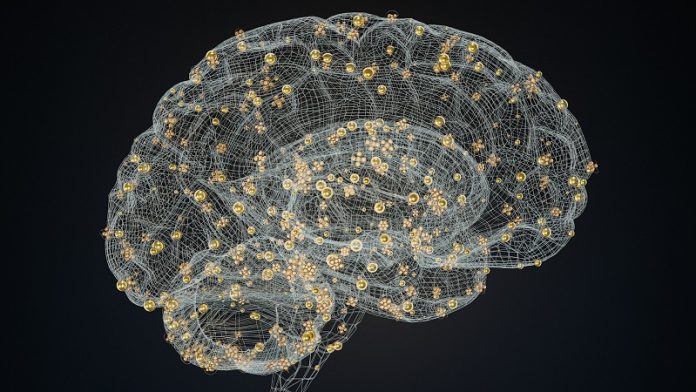
Obesity is a complex condition influenced by genetics, environment, behavior, and other factors.
While getting enough food was once a challenge, today it’s often as easy as opening a refrigerator.
One gene, called SH2B1, plays a crucial role in regulating how much we eat.
Mutations in the SH2B1 gene are linked to obesity, type 2 diabetes, and a liver disease known as metabolic dysfunction-associated steatotic liver disease (formerly non-alcoholic fatty liver disease).
“This gene controls both how much we eat and how much energy we use. If you eat too much and don’t burn enough energy, you gain fat,” explained Dr. Liangyou Rui from the University of Michigan Medical School.
Dr. Rui’s study has pinpointed where SH2B1 works in the brain: the paraventricular hypothalamus (PVH). The PVH helps regulate blood pressure and fluid balance. The findings were published in the journal Advanced Science.
The researchers also found that neurons expressing SH2B1 communicate with neurons in another brain area called the dorsal raphe nucleus, located in the brainstem. This area is important for managing body weight, energy balance, and emotion-driven behaviors.
When this brain circuit is stimulated, it reduces appetite in mice. However, when the SH2B1-expressing neurons in the PVH are silenced, it leads to obesity.
The team also discovered how SH2B1 helps maintain a healthy weight. It enhances BDNF/TrkB signaling, which supports brain growth during development and maintains brain health in adulthood. If this signaling is disrupted, it can lead to obesity and metabolic diseases.
One theory is that inflammation from weight gain can interfere with this pathway, weakening the signals that tell us to stop eating.
“We know SH2B1 is important because it is conserved across many species, from fruit flies to humans,” said Dr. Rui. “It acts like a universal tool, enhancing cell signaling and helping hormones like leptin and insulin regulate appetite and metabolism.”
So far, no side effects have been found when enhancing SH2B1 protein, unlike popular drugs like Ozempic or Mounjaro, which activate GLP-1 receptors and can have side effects.
Dr. Rui believes that finding a way to enhance SH2B1 activity could hold great promise for treating obesity and related diseases.
This research offers hope for developing new treatments that could effectively manage obesity by targeting SH2B1 without the side effects seen with current medications. Understanding and manipulating this gene could be a significant step forward in the fight against obesity and its associated health problems.
If you care about health, please read studies about how Mediterranean diet could protect your brain health, and the best time to take vitamins to prevent heart disease.
For more health information, please see recent studies that olive oil may help you live longer, and vitamin D could help lower the risk of autoimmune diseases.



